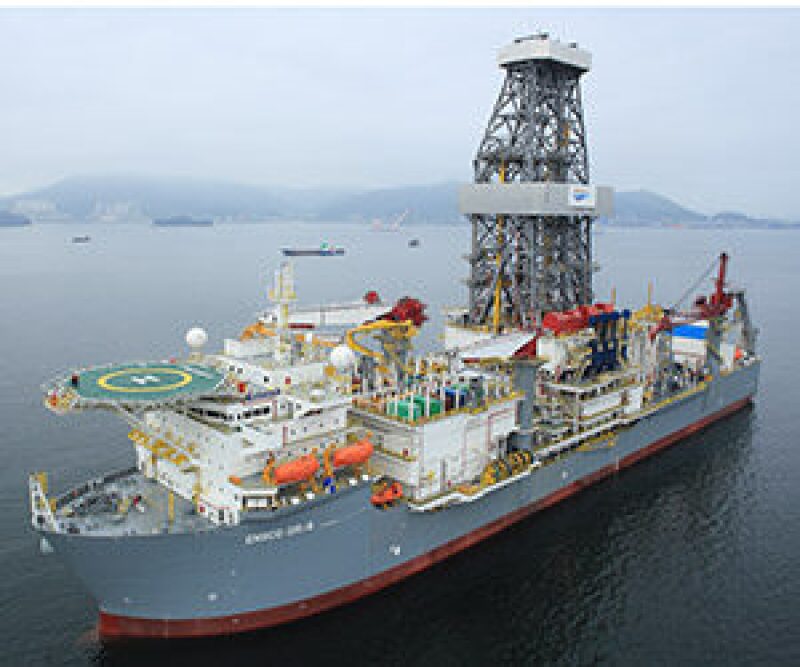Valaris has filed for Chapter 11 bankruptcy protection after warning in late July that a forbearance period was scheduled to end in days and filing was imminent.
Ending the first quarter with $6.8 billion in debt with about $200 million in cash and $1.3 billion available on its credit facility, the world’s largest driller in fleet size, announced the filing on 19 August. It ended 2019 with less than $100 million in cash, while long-term debt increased $900 million to $5.9 billion.
Valaris, the new name taken when the company was formed in 2018 after the merger of Houston-based Rowan Cos. and London's Ensco in a $2.4-billion deal, created one of the world's biggest offshore drilling firms by total fleet size of 88 rigs comprising 16 ultradeepwater drillships, 12 semisubmersibles, and 54 shallow-water jackups. In 2017, Ensco had acquired Atwood Oceanics.
In January 2020, Valaris announced that ARO Drilling, its 50/50 joint venture (JV) with Saudi Aramco, had ordered two newbuild jackup rigs at a cost of about $175 million each from International Maritime Industries. Upon delivery, each rig was expected to begin an 8-year contract with Saudi Aramco and operate at a day rate determined by a 6-year EBITDA payback. Following the initial 8-year contract, each rig would receive an additional 8-year contract and a preference for new contracts working for Saudi Aramco thereafter.
The first and second newbuild rigs were expected to be delivered in first quarter 2022 and second quarter 2022, respectively.
According to the ARO website: “We are committed to purchasing up to 20 newbuild jackup rigs over 10 years, taking delivery of the first rig as early as 2022, in order to meet Saudi Aramco’s offshore drilling requirements in the Kingdom.” Seven rigs are listed as owned and operated by the JV and nine are shown as leased.
Idled Iron Awaits Improved Market
Valaris is another offshore driller taking a hit from the steep decline in oil prices and the resultant canceled or delayed drilling programs, and operators’ requests for contract and pricing renegotiations. Noble Corporation and Diamond Offshore Drilling filed for bankruptcy in August and April, respectively.
Idled iron doesn’t generate day rates and the company’s most recent fleet status report in April showed the extent of the fallout in early terminations of contracts, reduced day rates, and 17 rigs as preservation stacked. Prior to stacking, steps are taken to preserve the rig, which may include a quayside power source to dehumidify key equipment and/or provide electrical current to the hull to prevent corrosion. Some equipment may be removed from the rig for storage in a temperature-controlled environment. While stacked, large equipment that remains on the rig is periodically inspected and maintained. These steps are designed to reduce the time and lower the cost to reactivate the rig when market conditions improve.
"The substantial downturn in the energy sector, exacerbated by the COVID-19 pandemic, requires that we take this step to create a stronger company able to adapt to the prolonged contraction in the industry, and to continue to enhance our position as overall market conditions improve," said Tom Burke, president and chief executive officer of Valaris.


